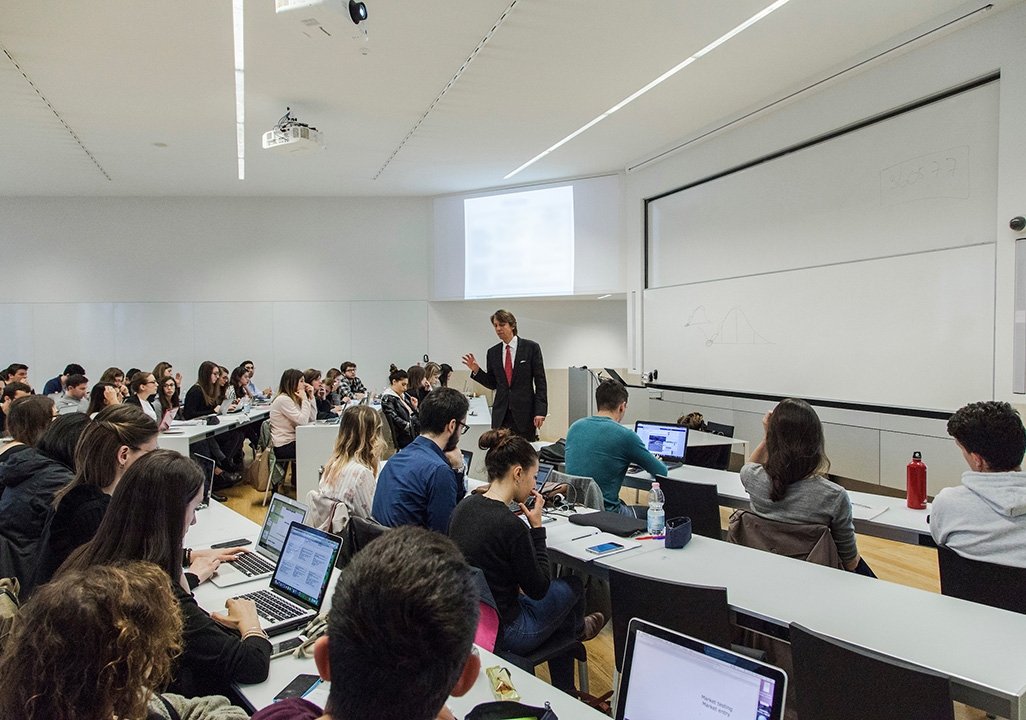Patrick Pintus: Decision-Making in Rats is Heterogeneously Sensitive to Rare and Extreme Events: the Black Swan Avoidance

For further information please contact: erika.somma@unibocconi.it
Abstract:
Most studies assessing decision-making under uncertainty exploit events with probabilities that are typically above 10%. Here, to study decision-making in radical uncertainty conditions, Degoulet, Willem, Baunez, Luchini and Pintus provide a novel modelling and experimental approach that aims at measuring the extent to which rats are sensitive - and how they respond - to events that are both very rare (probability below 1%) and very extreme in their consequences, in a novel four-armed bandit task. Gains (sugar pellets) and losses (time-out punishments) are such that large - but rare - outcomes materialize or not depending on the option chosen. The results show that all rats diversify their choices mainly across two options, out of four, and that most rats feature sensitivity to rare and extreme events despite their infrequent occurrence. They do so by combining more often options with extreme gains (Jackpots) and/or avoidance of extreme losses (Black Swans). Notably, most rats’ choices feature one-sided sensitivity in favor of trying more often to avoid extreme losses than to seek extreme gains - that is, they feature the Black Swan Avoidance.